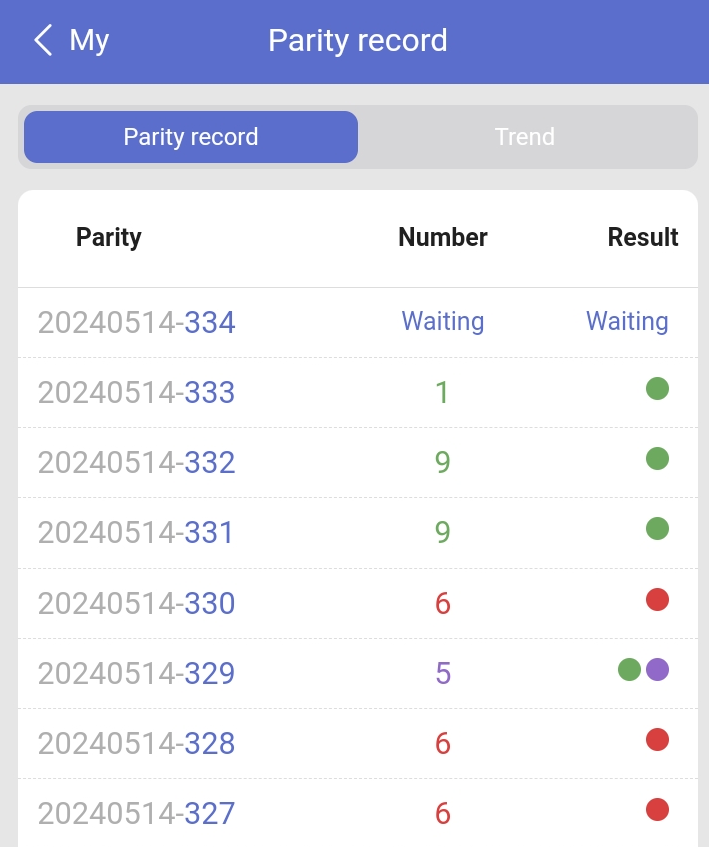Understanding the Legality of Colour Prediction Games
The legality of colour prediction games has been a topic of debate across various jurisdictions. These games, which often involve predicting the outcome of a random colour sequence, are popular online and can involve elements of both skill and chance. The legal status of these games can vary significantly depending on the country and even within regions of the same country.

What is a Colour Prediction Game?
Colour prediction games are typically online betting games where players predict the next color to be displayed from a set of options, usually two or three different colors. These games often have roots in basic algorithms that randomly select the outcome. Players may wager money on their predictions, with payouts based on the odds of each color appearing. Due to the element of chance in these games, they are often classified similarly to gambling.
Legal Considerations
The primary concern regarding the legality of these games relates to their classification as gambling. Many countries have strict regulations governing gambling activities, including licensing requirements, age restrictions, and prohibitions against online gambling.
For example, in countries like the United States, the legality of gambling, including online games, varies widely from state to state. Some states have fully-legal, regulated online gambling markets, while others strictly prohibit most forms of gambling.
In India, online gambling laws are also complex and vary by state. Games of skill are generally allowed in most parts of the country, but games of chance fall under stricter regulations. Whether colour prediction games are considered a game of skill or a game of chance is still under debate, significantly impacting their legality.
In many parts of Europe, online gambling is permitted but highly regulated. Operators must obtain licenses, and they are subject to rigorous checks to ensure fair play and protection against gambling addiction.
Consumer Protection and Fair Play
Another aspect of the legal scrutiny concerning colour prediction games is the assurance of fair play and consumer protection. Regulators focus on preventing fraud, ensuring games are not rigged, and protecting vulnerable individuals from potential harm associated with gambling.
In jurisdictions where these games are legal, regulatory bodies might require operators to demonstrate that their games operate on genuinely random algorithms and provide players with transparent odds and fair chances of winning.
Conclusion
While the simplicity and accessibility of colour prediction games make them appealing, it is crucial for players to consider the legal context of these games before participating. The intersection of technology, law, and gambling creates a complex environment where laws may rapidly evolve in response to new forms of games and betting. As always, players are advised to verify the legality of such platforms in their region and engage only with reputable operators that adhere to the law.

In summary, the legality of colour prediction games is not straightforward and can vary widely. It's essential for participants to fully understand the legal and regulatory landscape before engaging in such activities to ensure compliance and protect themselves from potential legal consequences.